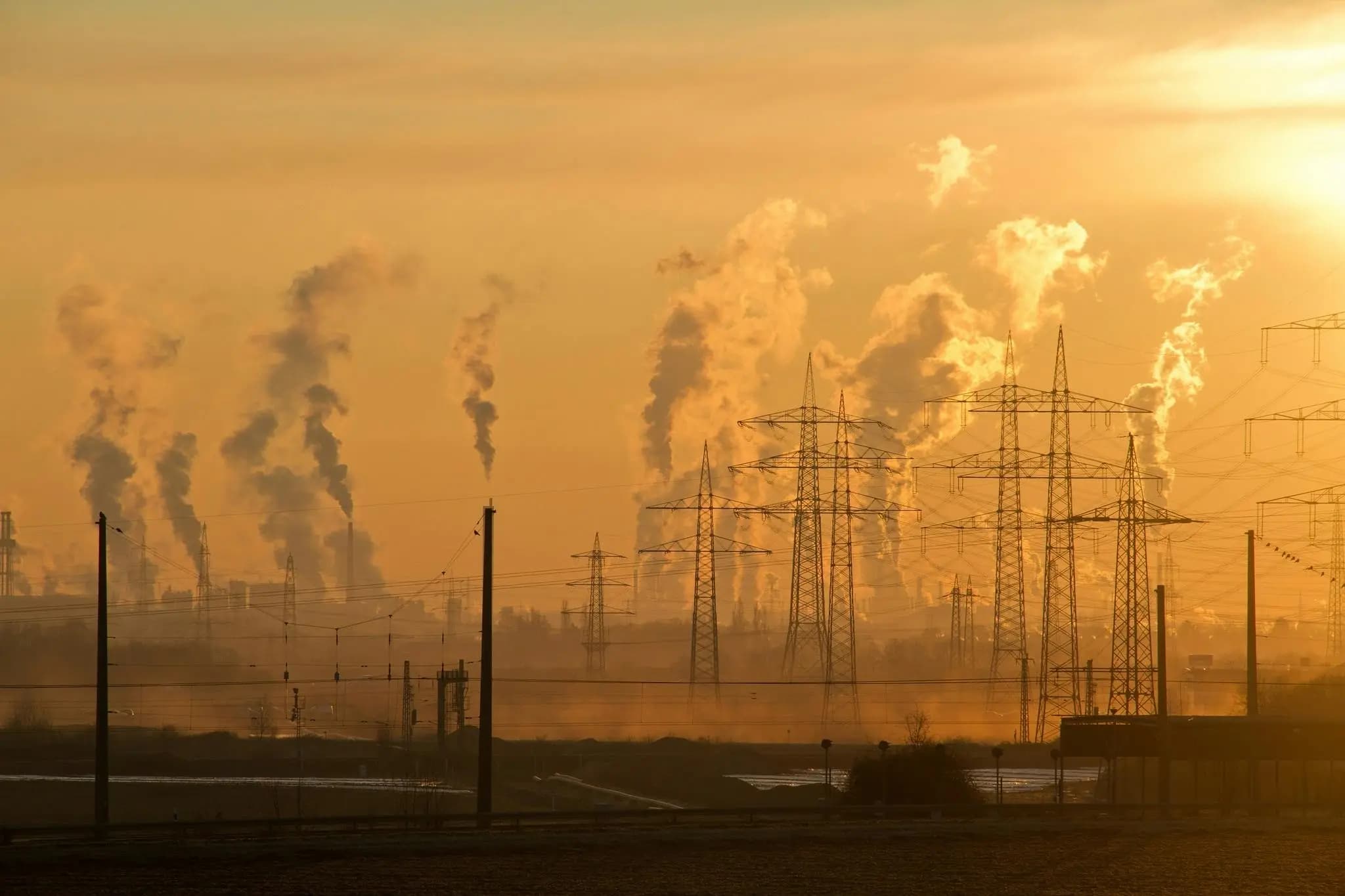Climate change refers to long-term shifts in temperatures and weather patterns. While these shifts can occur naturally due to changes in the sun’s activity or large volcanic eruptions, human activities have been the main driver of climate change since the 1800s. The primary cause is the burning of fossil fuels like coal, oil, and gas. Burning fossil fuels generates greenhouse gas emissions that act like a blanket wrapped around the Earth, trapping the sun’s heat and raising temperatures. The main greenhouse gases causing climate change include carbon dioxide and methane. These gases come from various sources, such as using gasoline for driving a car or coal for heating a building. Deforestation and land-use changes also release carbon dioxide, while agriculture and oil and gas operations are major sources of methane emissions. Energy, industry, transport, buildings, agriculture, and land use are among the main sectors producing greenhouse gases.
Understanding the Causes of Climate Change
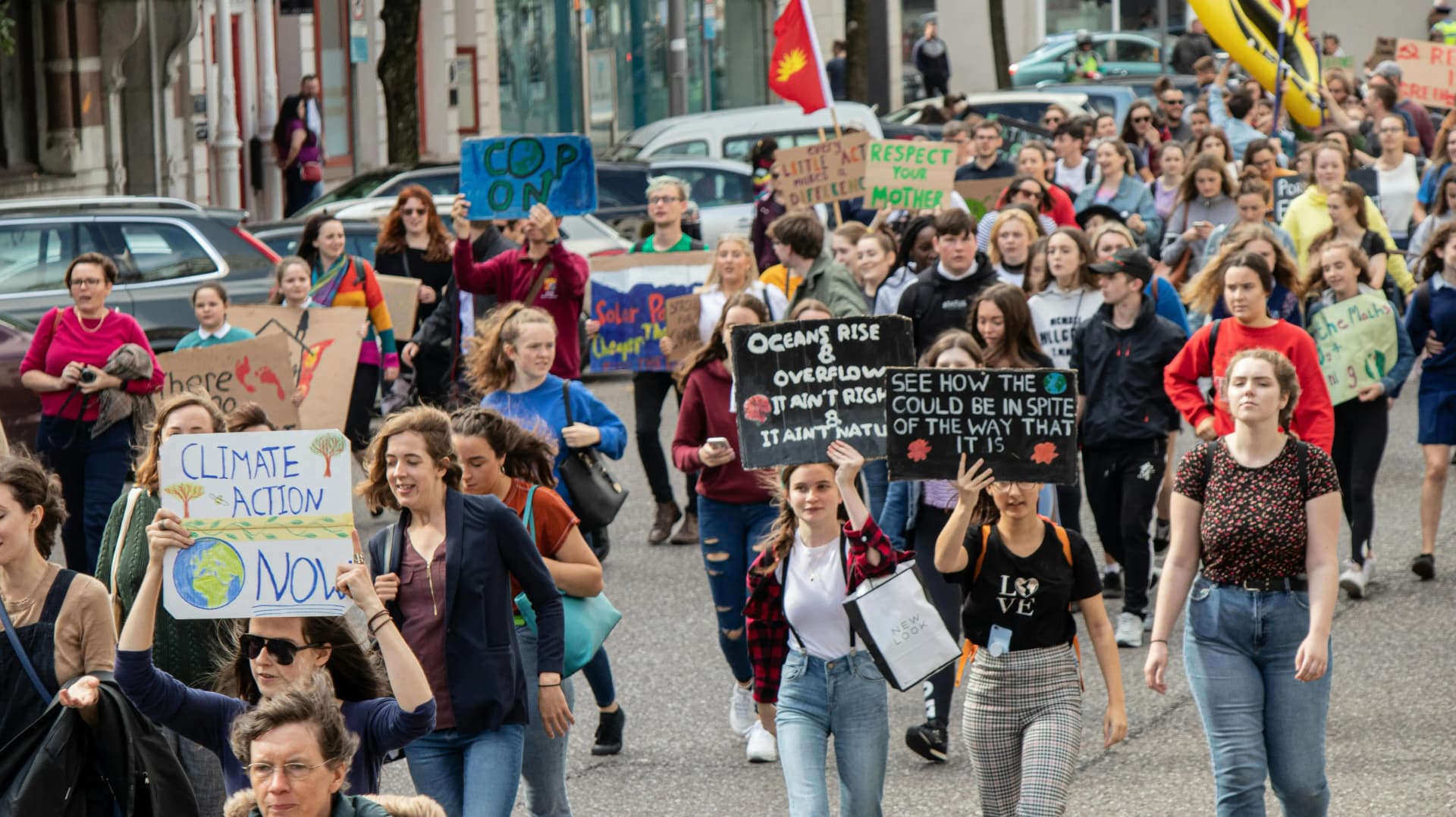
Global Effects of Climate Change
1. Rising Temperatures and Heatwaves
Increased global temperatures have resulted in more frequent and severe heatwaves. This not only poses risks to human health but also affects agricultural productivity and contributes to the melting of polar ice caps and glaciers. According to NASA, the past decade has been the hottest on record, with 2016 and 2020 tied for the warmest years ever recorded.
2. Extreme Weather Events
Climate change intensifies extreme weather events, including hurricanes, cyclones, floods, and droughts. These disasters have devastating impacts on communities, causing loss of life, displacement, and economic upheaval. The Intergovernmental Panel on Climate Change (IPCC) reports that the frequency and intensity of these events are increasing, posing significant risks to infrastructure and human safety.
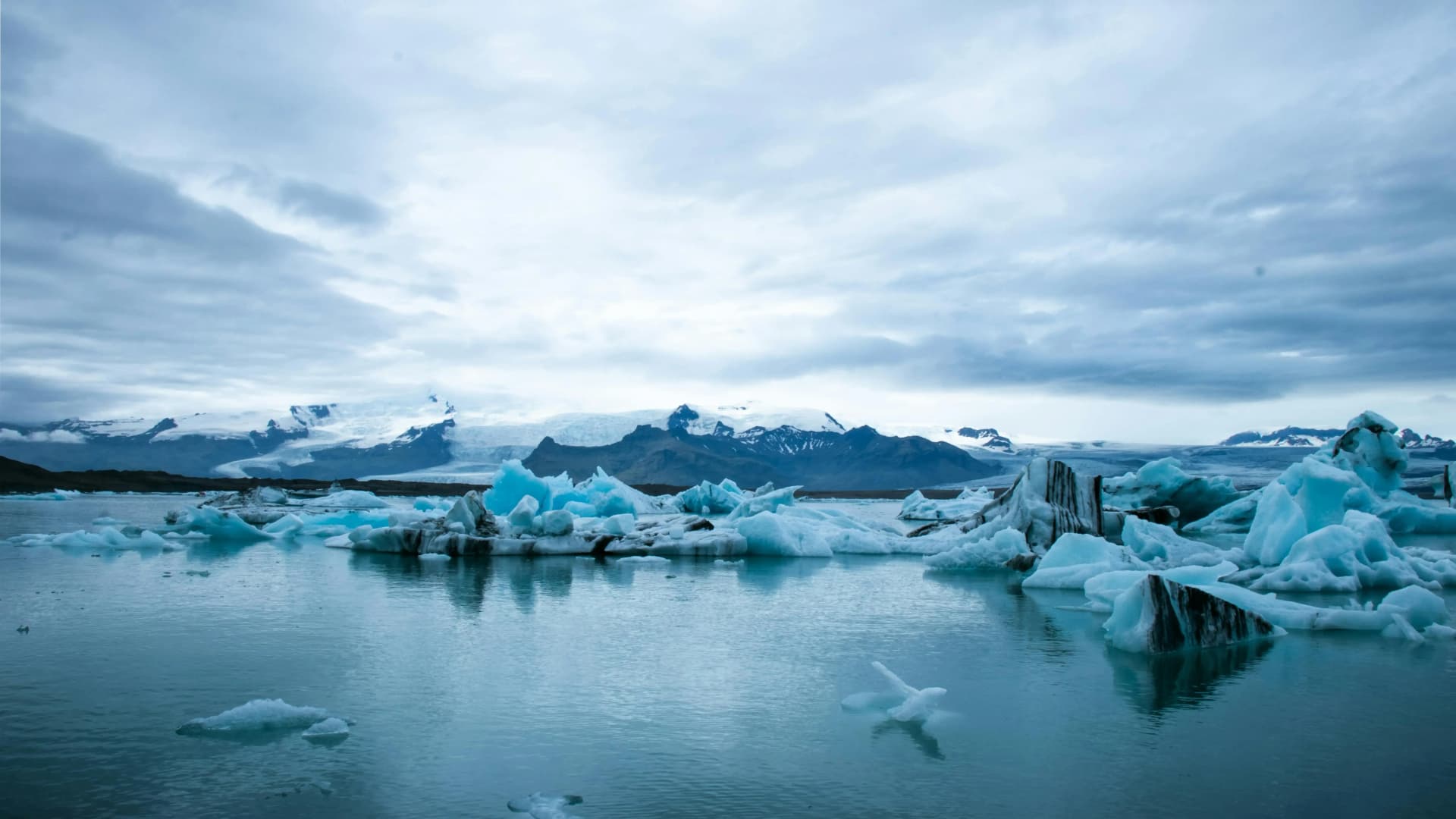
3. Rising Sea Levels
The warming of the planet causes the thermal expansion of seawater and the melting of ice caps, leading to rising sea levels. This phenomenon threatens coastal communities and low-lying areas, increasing the risk of inundation and loss of habitable land. The World Meteorological Organization (WMO) states that global sea levels have risen by about 8-9 inches (21-24 cm) since 1880, with the rate of rise increasing in recent decades.
4. Disruption of Ecosystems
Climate change disrupts ecosystems, affecting biodiversity and altering habitats. Species migration, loss of habitats, and coral bleaching are just a few examples of its ecological impacts. The United Nations Environment Programme (UNEP) highlights that climate change is a significant driver of biodiversity loss, with up to 1 million species at risk of extinction due to environmental changes.
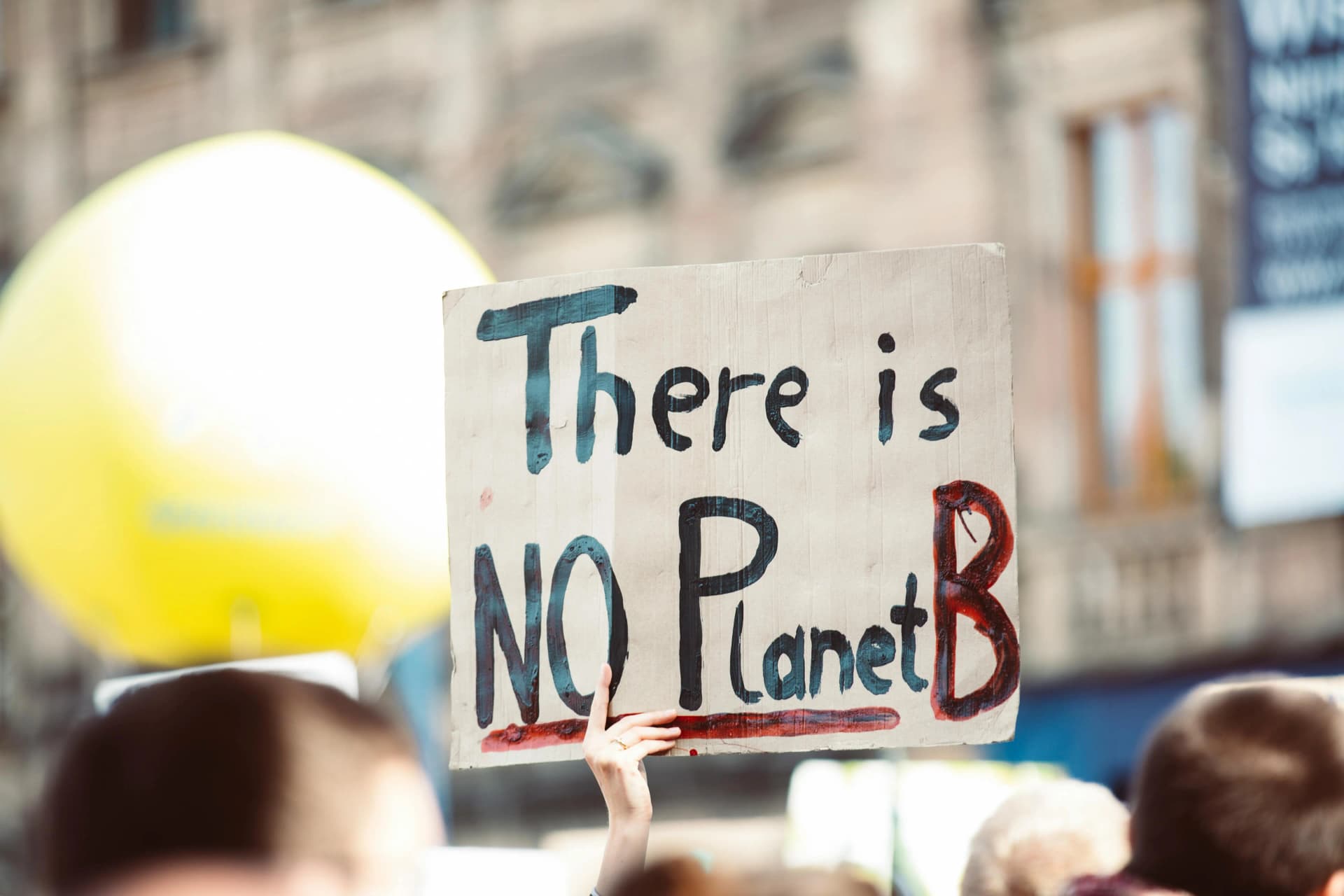
5. Impact on Agriculture and Food Security
Changing weather patterns, including irregular rainfall and prolonged droughts, affect agricultural yields and food security. This instability in food production poses a threat to global nutrition. The Food and Agriculture Organization (FAO) warns that climate change could reduce crop yields by up to 25% by 2050, exacerbating food insecurity in vulnerable regions.
How to Avoid Climate Change: The Urgency for Action
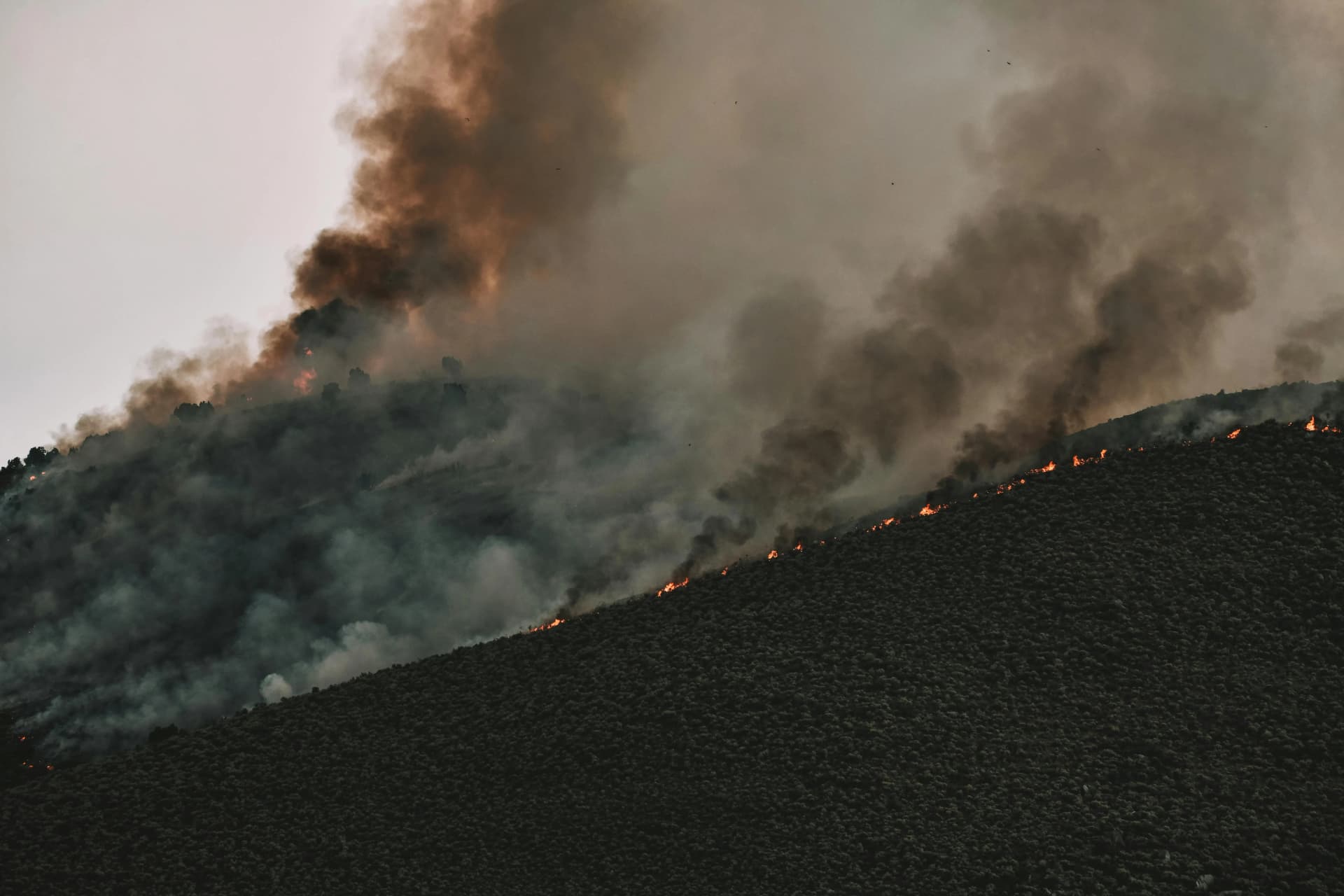
International Initiatives and Agreements
Several international agreements, such as the Paris Agreement, aim to tackle climate change by setting targets for reducing GHG emissions. However, greater commitment and collaborative action from all nations are imperative to meet these goals effectively. The Paris Agreement, adopted in 2015, aims to limit global warming to well below 2 degrees Celsius above pre-industrial levels, with efforts to limit the increase to 1.5 degrees Celsius.
Individual Responsibility in Combating Climate Change
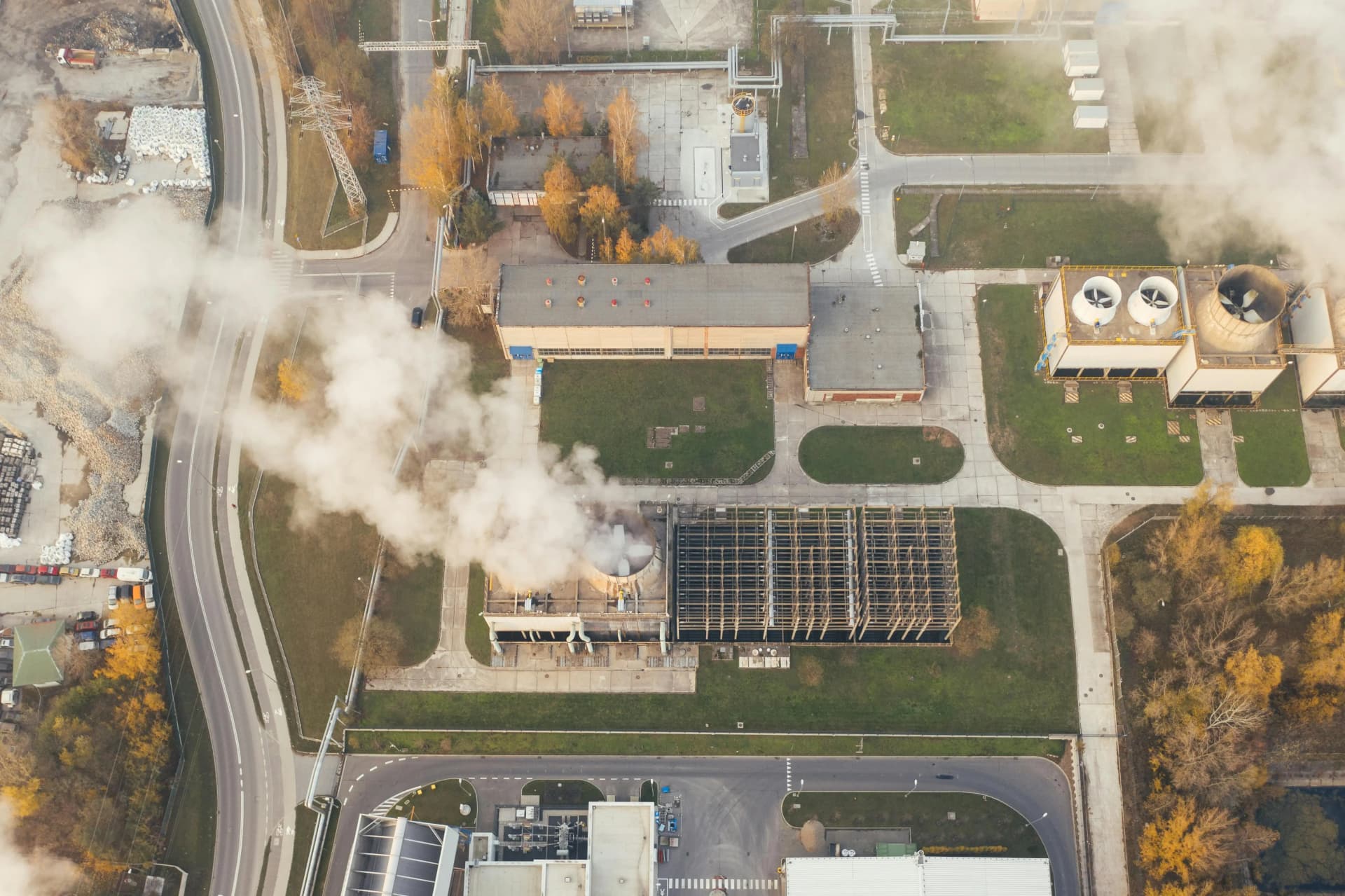
Conclusion
Climate change poses an existential threat to our planet and its inhabitants. Its global effects are evident in various aspects of life, urging us to act swiftly and decisively. By acknowledging the urgency, advocating for sustainable practices, and demanding accountability from leaders and industries, we can strive for a more resilient and sustainable future for generations to come. The time to act is now, and together, we can make a difference in combating climate change. For more information and to get involved, visit CATCH Foundation.
References:
NASA - Global Temperature IPCC - Special Report on Extreme Events WMO - Sea Level Rise UNEP - Biodiversity and Climate Change FAO - Climate Change and Agriculture UN - Paris Agreement EPA - Individual Actions to Reduce Greenhouse Gas Emissions
